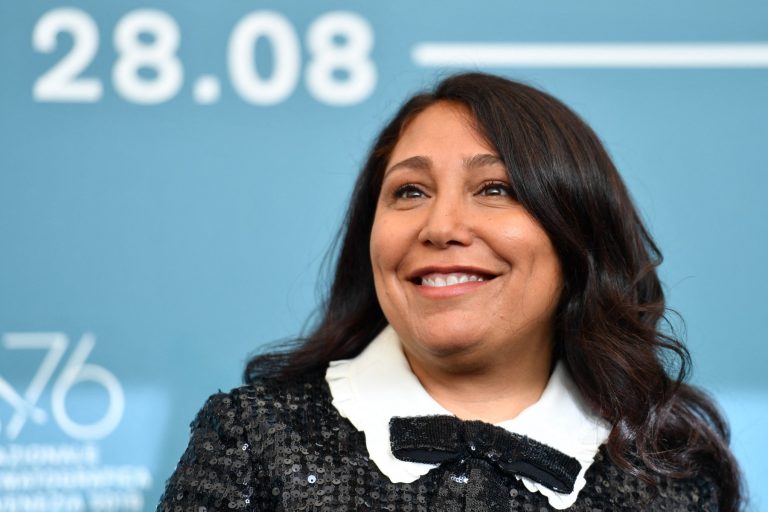Dubai – Eleven years ago, Saudi director Haifaa Al-Mansour gave the world its first glimpse of what Saudi cinema would become. At the time, when there was no incentive for this art in the country, Al-Mansour produced her first feature, “Wadjda.” The film is a teenage drama staged in the suburbs of Riyadh, where a girl does everything to get the money she needs to buy a bicycle.
Today, a lot has changed for Al-Mansour and Saudi cinema, according to a story by the Saudi news website Arab News. Saudi Arabian movies dominate the local box office and reach the world through festivals and streaming services like Netflix. Al-Mansour is among the most in-demand television directors in Hollywood, helming episodes of hit shows.
Even with her busy schedule, the director’s gaze never left her home country and the young Saudi talents in film and television. “Saudi Arabia is becoming a very hot market for film,” Al-Mansour told Arab News. She said that, in this increasingly competitive scenario, it is necessary to ensure that women have their place. “We need female Saudi voices in this conversation now more than ever.”
In October, she returned to Saudi Arabia to ensure that. In partnership with Film AlUla, the royal commission of the film agency in the Saudi city of AlUla, Al-Mansour helped lead the committee for the inaugural AlUla Creates Film Program, a platform aimed at Saudi women filmmakers. Four rising talents – Hana Alfasi, Maram Taibah, and sisters Raneem and Dana Almohandes – were selected to receive grants and make short films.
The three projects were chosen from 85 entries. Al-Mansour said that behind each story proposed for the films, there are personal stories. “The personal connection you feel is what makes them special and makes them stand out from anything else,” the director told Arab News. She claims that they are stories from a distinctly female perspective.
Al-Mansour said that the workshops in the AlUla Project were also transformative for her, as they took her back to when she began her work in filmmaking, with the film about the girl who wanted to buy a bicycle. She reported that the disparity between women and men in the film industry is a worldwide reality. For every ten films produced in the West, only one is made by women. “I’m lucky enough to have directed four films in my career, but a lot don’t get the chance to do that. It’s a struggle,” she said.
Translated by Elúsio Brasileiro




